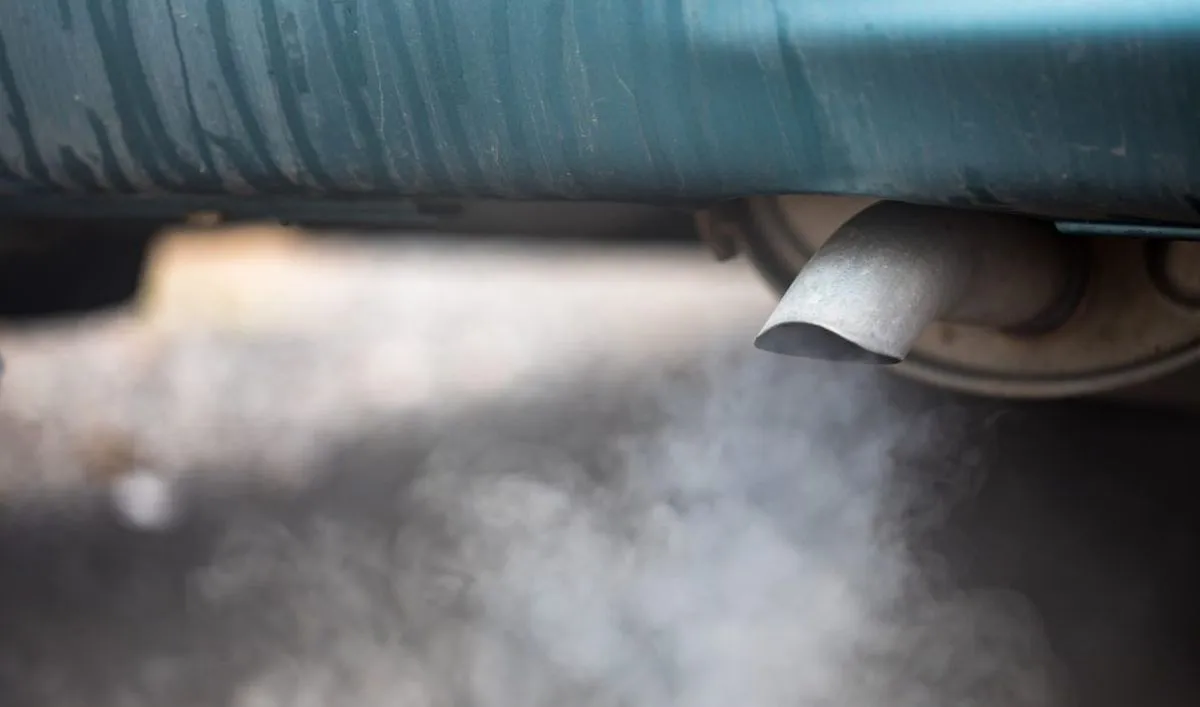The average car purchased in 2023 emits higher levels of carbon dioxide (CO₂) than its 2013 equivalent. This is due to the large proportion of SUVs in the mix, which tend to be bigger and heavier.
The average car purchased in 2023 emits higher levels of carbon dioxide (CO₂) than its 2013 equivalent. This is due to the large proportion of SUVs in the mix, which tend to be bigger and heavier.

english.elpais.com
Which pollutes more: a new SUV or a 10-year-old conventional vehicle?
